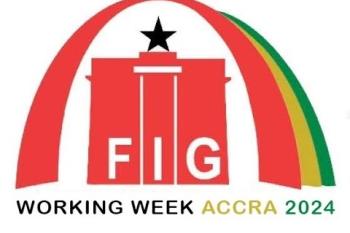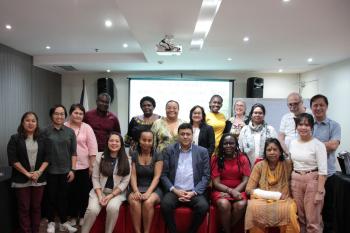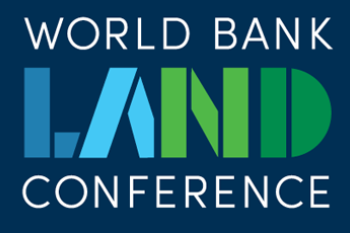
GLTN hosts a successful high level event on the follow-up and review of the post-2015 development agenda
GLTN played host to a highly successful high-level event that focused on the review and follow-up of the post-2015 development agenda. The meeting was organized by the Institute for Advanced Sustainability Studies (IASS) in collaboration with the UN Human Settlements Programme (UN‐Habitat), theUN Environment Programme (UNEP), Landesa, the Global Land Indicators Initiative (GLII), the Global Land Tool Network (GLTN) and with the support of the German Federal Ministry for Food and Agriculture.
Distinguished speakers included Dr. Joan Clos ‐ Executive Director of UN‐Habitat, H.E. Ambassador Macharia Kamau ‐ Kenya’s Ambassador and Permanent Representative at the Kenya Mission to the United Nations, Alexander Müller ‐ Member of the German Council for Sustainable Development (RNE) and Senior Research Fellow IASS, as well as representatives from UNDESA, FAO, UNEP, UNHabitat and civil society.
Attended by 80 representatives of government, the UN system, civil society and academia, the event resulted the following key messages:
- There is a need to build upon the momentum of the adoption of the SDGs to jumpstart implementation of the 2030 Agenda in a new, innovative way.
- Land and soil and other natural resources are a crosscutting issue and will support the achievement of many SDGs.
- Thematic reviews on natural resources such as land and soil can support follow‐up and review and more work is needed to define how these can be done.
- Integrated, inclusive and participatory approaches pose governance challenges and require significant efforts in particular by national governments and civil society in the north and south and by the multilateral system.
- In order to support integrated, participatory and inclusive implementation of the 2030 Agenda, national reviews need to be linked to the global level.


